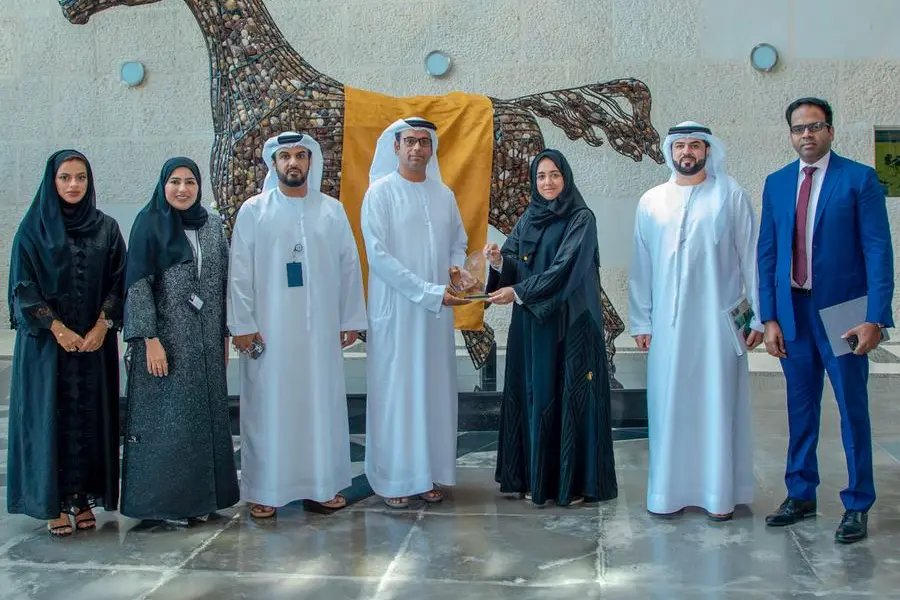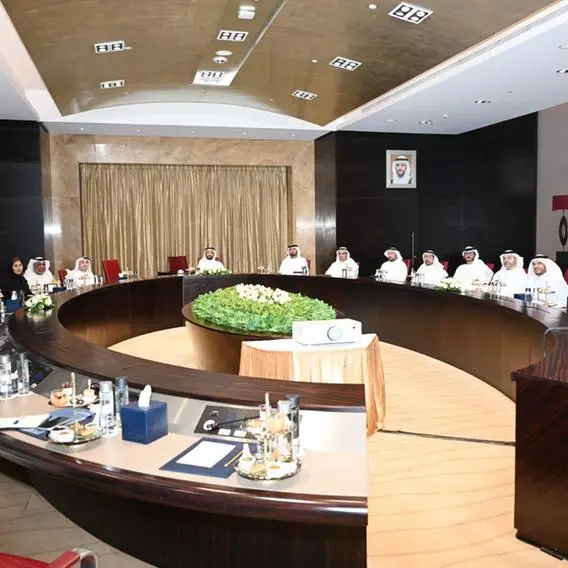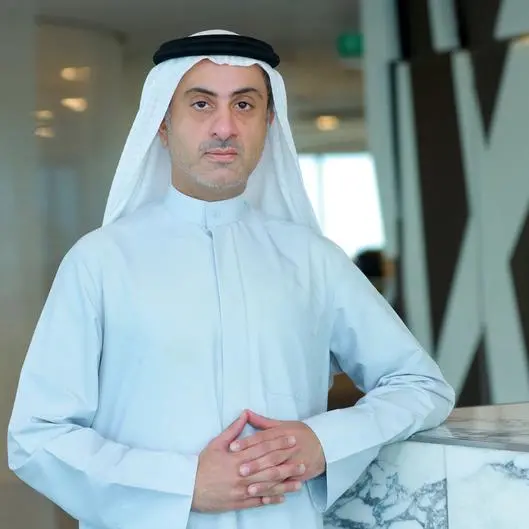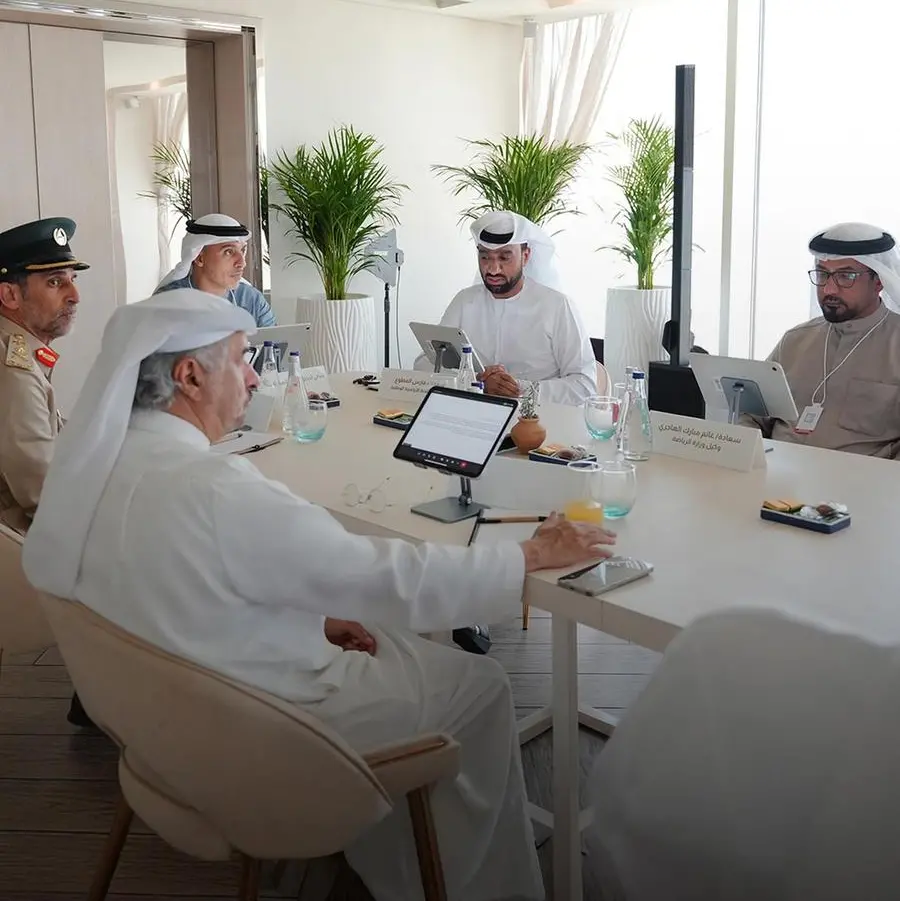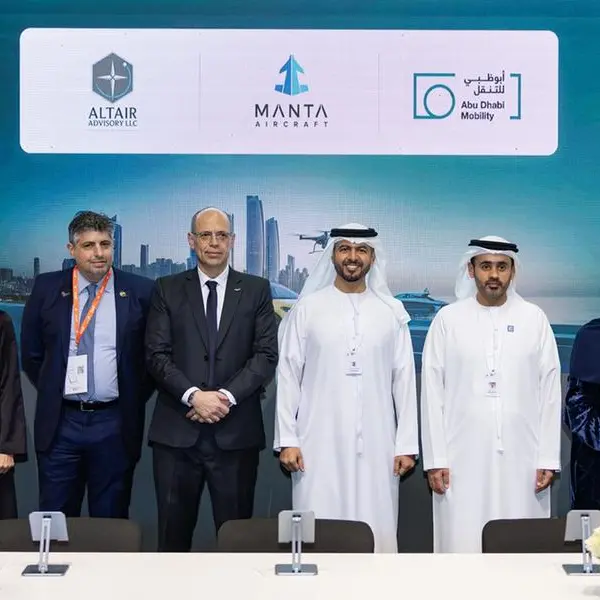PHOTO
A delegation from the Dubai International Financial Center Courts was received by the Abu Dhabi Judicial Department, and they talked about how to cooperate, form partnerships, and share knowledge and experience in the areas of innovation and contemporary digital technologies to enhance the litigation experience and implement best practices globally.
The visit comes within the framework of keenness to enhance cooperation in areas of common interest, in line with the vision and directives of His Highness Sheikh Mansour bin Zayed Al Nahyan, vice president of the UAE, Deputy Prime Minister, Chairman of the Presidential Court, and Chairman of the Abu Dhabi Judicial Department, to exchange expertise with various judicial authorities, to achieve integration between the institutions of the judicial authority in the country, and to apply the best practices adopted in the judicial field worldwide.
During the visit, the delegation gained insight into the crucial role that the Abu Dhabi Civil Family Court plays in maintaining the Emirate of Abu Dhabi's appeal. In particular, the court's innovative civil marriage services, which govern foreigners' family matters in compliance with international best practices, and the Civil Wills Registration Office for Foreigners' services, which let clients register wills in English over the phone, eliminating the need for anyone to physically appear in court, were both highlighted.
The delegation was briefed during the visit on the history of the Abu Dhabi Courts' remote litigation department, the judicial work mechanisms, and the state-of-the-art technologies that the department has implemented in order to provide world-class judicial and legal services. These include the ability for parties in all cases to attend sessions remotely via video communication technologies, as well as self-registration services via the department's electronic portal and smart case file, and all phases of the case, from registration through mediation and deliberation to judgment and execution.
Additionally, the delegation was given a thorough explanation of the department's management of the judicial system and judicial services, as well as the services offered and the simplicity of transaction completion. They also learned about the operational model of the services and applications used, internal supporting systems, service providers and available channels, performance monitoring and analysis mechanisms, and more.
